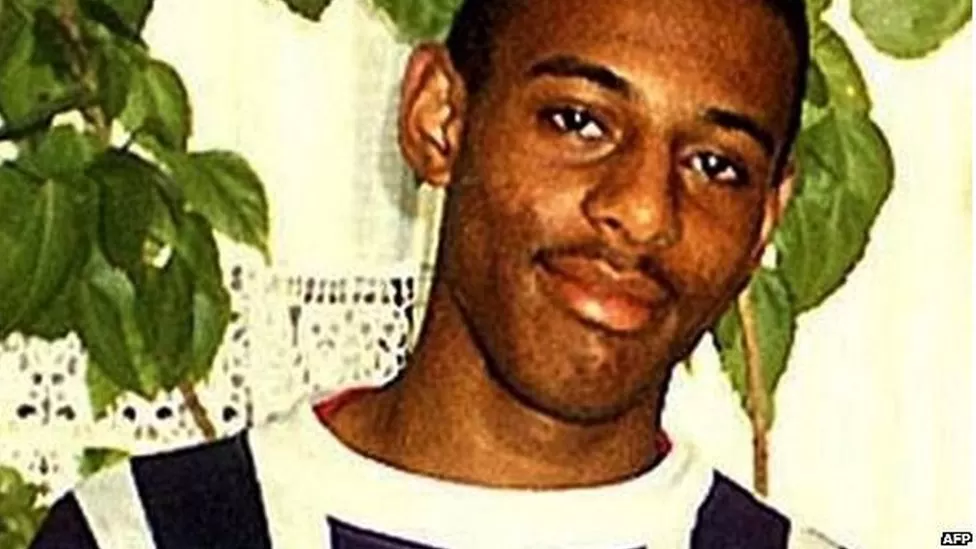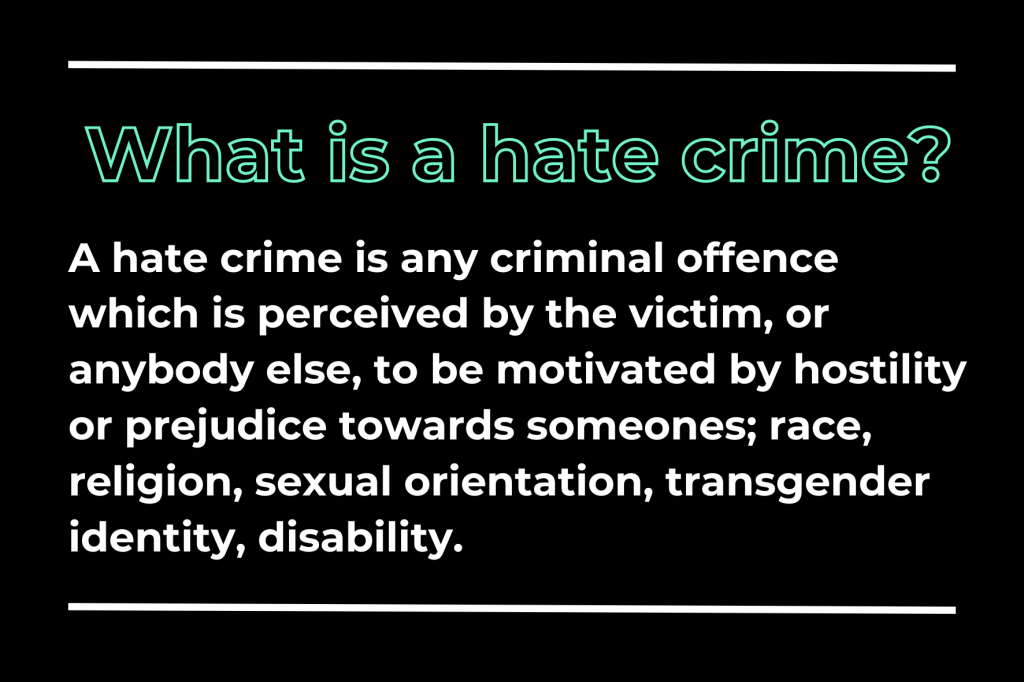Published on | General
1974 marks the year that West Midlands Police was formed – it’s also the year that Stephen Lawrence was born in south-east London. At 18 Stephen had ambitions to attend university to become an architect, tragically however his life was cut short by an unprovoked racial attack.
On 22nd April 1993, Stephen was murdered whilst awaiting for a bus with a friend – witnesses came forward stating the attack was sudden and unprovoked, and although they could not identify the suspects, several local residents came forward to provide the names of known gang members who had been involved in other similar attacks in the area.
After the initial police investigation, five suspects were arrested but not convicted. Despite the eyewitnesses and leads, the police failed to bring the suspects to justice for many years, leading to widespread accusations of institutional racism within the police force.

Stephen’s parents initiated a private prosecution in 1994 which also failed to secure convictions; Stephen’s parents continued to fight for justice, supported by media and public figures such as Nelson Mandela who met with the family and called on the police to do more.
This led to a public inquiry in 1997, headed by Sir William Macpherson – the Macpherson Report famously led to major changes in the law, in policing, and in the response to institutional racism.
The Macpherson Report
The Stephen Lawrence Inquiry / Macpherson Report can be read in full on the Government website.
The Macpherson report has been acknowledged as ‘one of the most important moments in the modern history of criminal justice in Britain.’ It found that racism was an important factor in the “failure, mistakes, misjudgements, and lack of direction and control which bedevilled the Stephen Lawrence investigation.” The report concluded that institutional racism was prevalent in the Metropolitan Police as well as others across the country.
More so, the report recommended that the ‘double jeopardy rule’ should be repealed in murder cases to allow a retrial should new and compelling evidence come forward. In other words, suspects could now be charged again for the same crime, in light of new evidence. This came in to effect in 2005 as part of the Criminal Justice Act 2003.
A cold case review commenced, involving a full re-examination of the forensic evidence, and including new evidence; a microscopic stain of Lawrence’s blood on a suspects jacket, and fibres of Lawrence’s hair found on two of the suspects clothing.
In 2011 the scrapping of double jeopardy was put in to effect concerning Stephen’s killers. Two of the previously named gang members, Gary Dobson and David Norris, were found guilty of murder and given life sentences.
Third Party Reporting Centres (TPRC’s)
The Macpherson report called for it to be a Ministerial Priority that all police services “increase trust and confidence in policing amongst minority ethnic communities” – 70 recommendations were made, including;
That all possible steps should be taken by Police Services at local level in consultation with local Government and other agencies and local communities to encourage the reporting of racist incidents and crimes. This should include: the ability to report at locations other than police stations; and the ability to report 24 hours a day.
Despite the recommendation only specifically mentioning racist incidents and crimes, Third Party Reporting Centres have evolved to support victims of all forms of hate crime.

It is widely accepted that hate crimes are under-reported across all strands. Not all victims are comfortable with reporting their experiences directly to the police. Third Party Reporting Centres (TPRCs) overcome these barriers by providing an alternative to directly reporting to the police, give confidential advice, help victims report such instances, and support them.
True Vision is a police-funded web site designed to provide you the public with information about Hate Crime and victims / third parties a secure way of reporting their hate experiences to the police. It also includes useful resources (strategies, personal safety tips, hate crime prosecution levels and national hate crime data).
Victims can remain anonymous if they wish, and don’t need to have contact with the police if they don’t want to. Without alternative reporting mechanisms a number of hate incidents and crimes would never be reported or recorded.
The Macpherson report marked a shift towards one that took the victim’s perception of the incident into account, with it being theirs, or a witness’s, perception, which defines an incident as being motivated by prejudice or hate.
Innayah Aziz & Jo Pritchard
Stephen Lawrence’s Legacy
Baroness Doreen Lawrence OBE created the Stephen Lawrence Day Foundation in 2020 to honour Stephen’s legacy. The foundation aims to inspire children and encourage their education, with their theme for 2024 being ‘The Power of Learning.’
The foundation seeks to raise awareness of racial inequality and inspire an inclusive society that fosters opportunities for marginalised youth. They provide mentoring, work experience opportunities, and bursaries for education and training – giving opportunities to those who would not be able to access them otherwise.
“The events of 2020: – George Floyd’s death, and the subsequent resurgence of the Black Lives Matter movement, along with societal inequalities exposed and exacerbated by COVID has made us reflect how we engage with our communities. This brought a sharp focus on what I want to be achieved in Stephen’s name. I want Stephen Lawrence Day to be a reflective learning experience, and a celebration and a journey toward greater equality and inclusion for all.”
Baroness Lawrence, 2020
This year the foundation is asking people to make a pledge to inspire societal change by empowering the next generation with knowledge beyond traditional educational norms. You can make a pledge on social media and use #StephenLawrenceDayPledge and tag @sldfdn
To get involved with Stephen Lawrence Day 2024, check out their available resources here.
